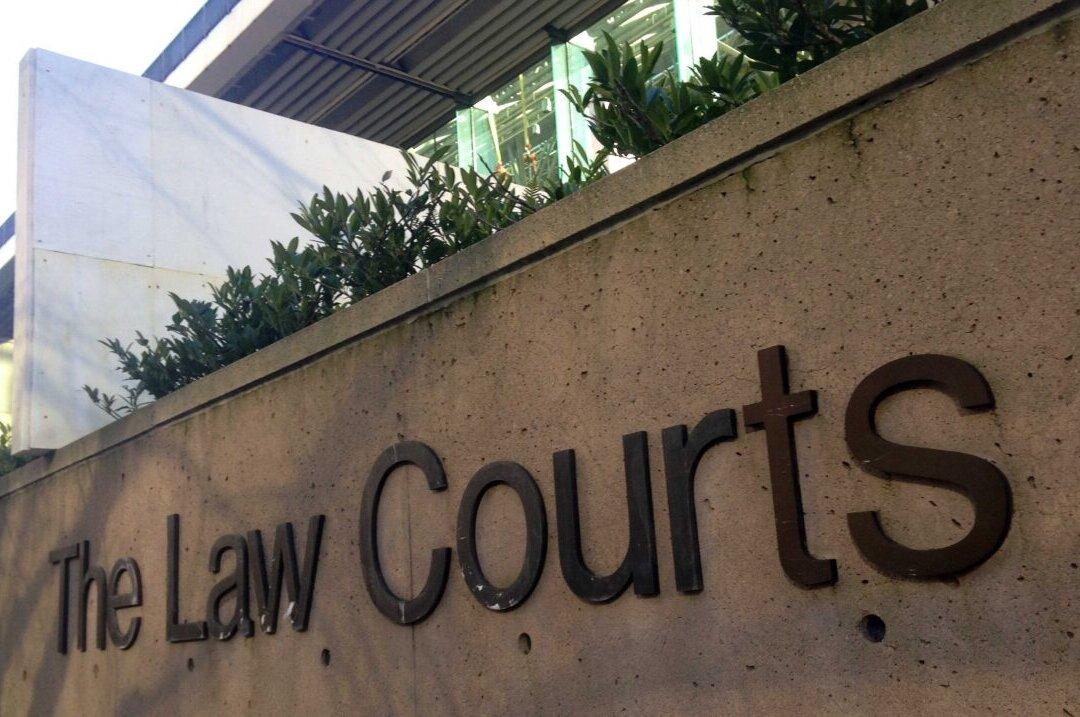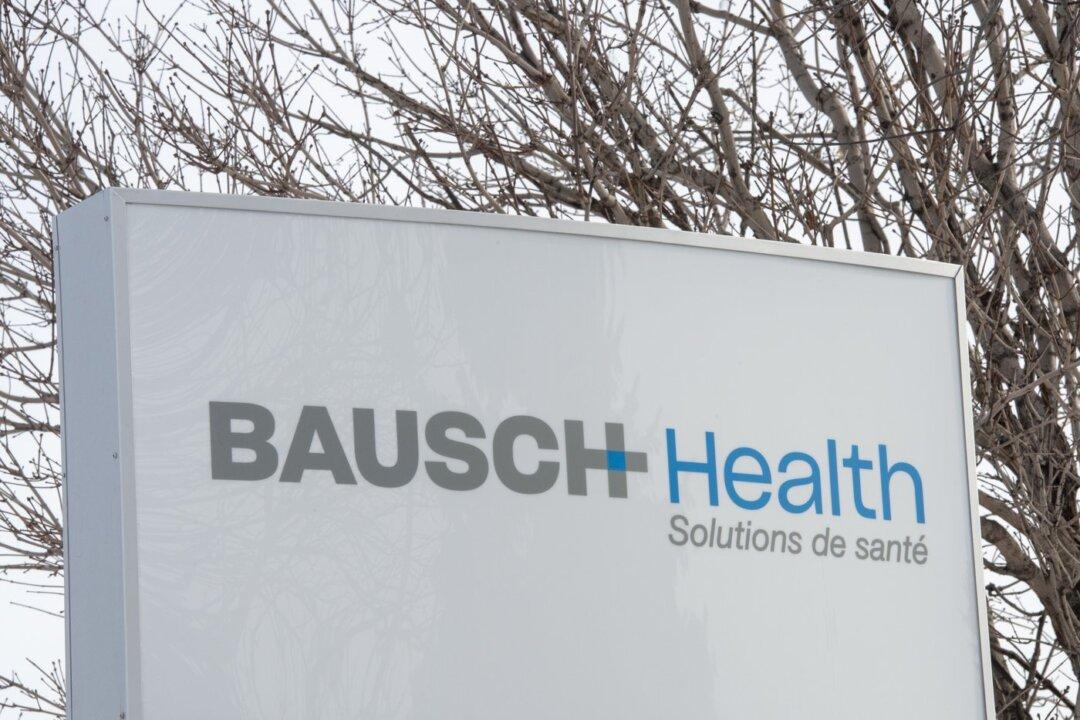The British Columbia Supreme Court has mandated that a B.C. contractor must pay out $1.5 million in damages for engaging in a series of defamatory actions against a business competitor.
The ruling stands as one of the most substantial payouts for online defamation in Canada to date, according to Blacklock’s Reporter.





